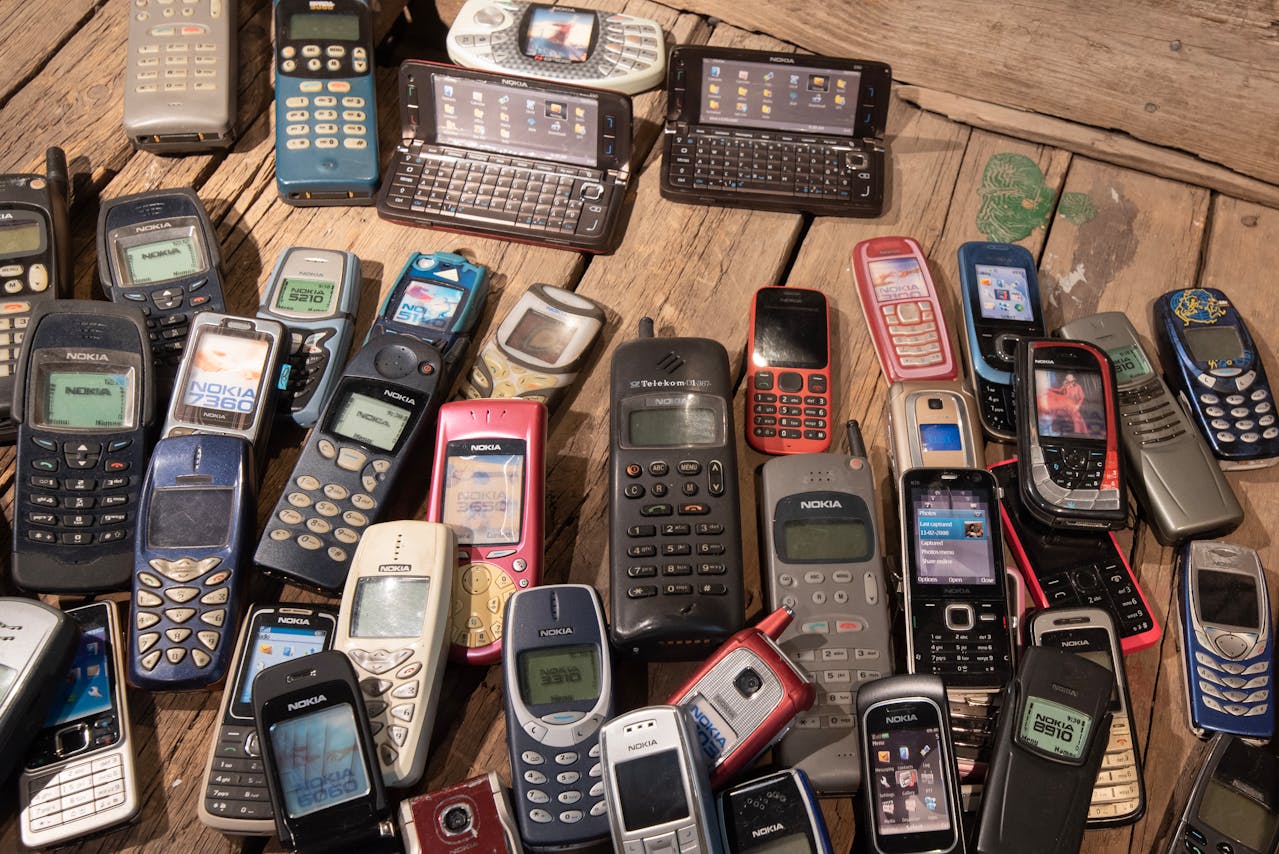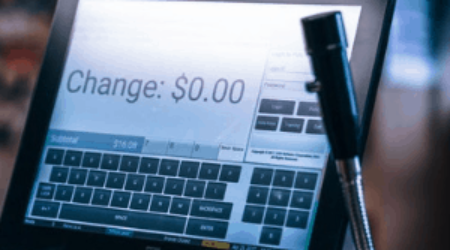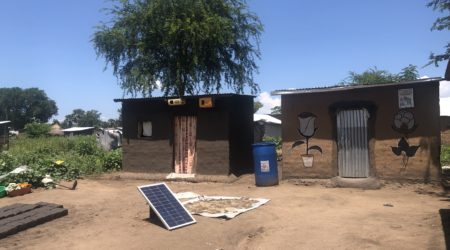How can Africa’s digital revolution live up to its potential?

I’ve been fortunate to be involved in products and services that aimed to change the very fabric of African society and our economy — from founding one of the first internet service providers to introducing digital credit products. These innovations laid the groundwork for a booming economy, yet they haven’t fully addressed the needs of a rapidly growing population. To fully realize the digital economy’s potential, we need to capitalize on key opportunities, rethink challenges, and harness both domestic and international resources.
I’ve seen how the introduction of technology can fundamentally reshape society and the economy. In 1995, I co-founded Africa Online , Kenya’s first internet service provider. At the time, the government had a monopoly over telephone services, meaning we launched the business in an ambiguous regulatory environment with little guidance or support. Although explaining ‘the internet’ to people unfamiliar with it was difficult (Google was still three years away), the hunger for information ensured we had customers from day one. The business grew rapidly, but we were quickly running short of cash.
We managed to bring in a US tech investor, and for the next few years, we surrounded the dot-com bubble through our parent company’s IPOs on the NASDAQ in 1999 and our listing on the Nairobi stock exchange in 2001. It was an exciting time as we expanded to six African countries, and I spent every day learning about management and business. However, our rapid growth wasn’t enough to survive the dot-com collapse in 2003 – we were delisted in London and Nairobi, and the company was eventually sold to Telkom South Africa in 2007 after I had left.
The same period saw the meteoric rise of the cellphone industry across Africa. In 1995, when we started Africa Online, less than 2% of Africans had a phone line. Today, nearly 90% do. The cellphone penetration enabled the creation of new industries, with mobile money being a standout example. Africa leads in the use of mobile money, contributing to a 3.7% GDP increase over the past decade, with over 1.75 billion accounts worldwide. Millions of people receive their wages via mobile money, save in mobile wallets, and send money to friends and family within and across borders.

Mobile money’s capacity to facilitate frequent, low-cost transactions has enabled industries such as pay-as-you-go solar energy, accounting for 39% of nearly 11 million solar energy connections sold in 2023 , as well as markets for other pay-as- you-go solar energy. -you-go assets, including irrigation equipment and cellphones. Mobile money has also created the potential for new work that didn’t exist before – providing the option for workers to be paid in smaller, ad-hoc, sums.
Yet, despite the explosive growth of digital financial services and the employment of millions of agents, these advancements haven’t brought about transformational changes in employment structures or productivity. Less than 15% of people across Africa work in the formal economy , and this percentage is hardly budging, if at all. This is personally distressing, especially since I have also been a pioneer of the digital employment business. Back when I worked at the Gates Foundation around 2009, I visited Bangalore and was blown away by the economic boost that the IT services industry has given to that city and, indeed, India as a country. With the ambition of having a similar impact in Africa, in 2011, I moved back to Kenya to co-found the local subsidiary of Digital Divide Data, a global business services company with a social mission. While the company is still there, that industry has not realized its full potential in Africa, with successive governments and development partners repeatedly announcing policies and funding to attempt to push the growth along.
I still believe digital technology has the potential to grow employment by creating new jobs in our economies, making the employment sector more efficient, and delivering services globally. Along with Mercy Corps, we’re implementing the Jobtech Alliance, which helps platform businesses expand work opportunities for young Africans. We’ve learned that in the platform economy, just like in the real world, most people don’t end up with “a job” instead, they juggle a portfolio of work comprising a fluctuating combination of strategies and opportunities. This means a lot of stress and inefficiency for both the platforms and the workers, leading to less success in this new industry than we would all like.
How do we bridge the gap between potential and reality? We have a fast-growing, increasingly educated population of young adults with rising expectations, each holding a cell phone with a mobile money wallet. I’d like to close my eyes and come back in 10 years and find Africa well on the track to higher incomes and equitable economic growth, fully leveraging technology to drive innovation, productivity, and employment. This dream has long been shared by governments and development economists, but despite technological advances, we have yet to see it fully realized.
I believe we can achieve this by taking bold steps with capital, knowledge, and policy.
Capital is still in short supply at all levels and the right type of capital is just not available for small and medium-sized enterprises (SMEs) that will create the formal sector jobs needed for equitable growth. The “right type” of capital – funding that supports long-term business growth and sustains entrepreneurs does not currently exist. Additional experimentation is needed during this stage of our economic development. 100% full commercial viability may not be achievable, necessitating a blend of government and philanthropic funding.
We know that capital isn’t enough. We need to promote effective ways to share business best practices, cultivate the skills people need to succeed in growing businesses, adopt technology from leading global industries, and innovate domestically to create new products and services. We also need to provide scope for a spectrum of formalization that allows businesses to adopt formal practices and services incrementally as they grow.
Lastly, we need policies that favor regional and continental economic integration, investment in human capital, and a substantial increase in infrastructure development. We have a fantastic opportunity to do so in a way that is climate-positive and creates a greener, more energy-efficient economy for the future of all humanity. And yes, we need to make these investments in a way that doesn’t just increase our short-term debt burden.
Many of the things we’re able to do today were not possible just a decade ago; some are barely possible today but will become increasingly so; and new innovations are emerging every day. With these technological and population winds behind our backs, now is the best time to invest commercial, public, and philanthropic resources into putting Africa on a better path to faster and more equitable growth.



